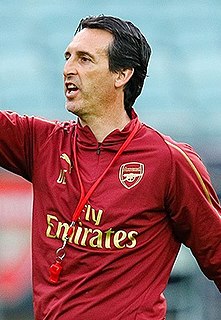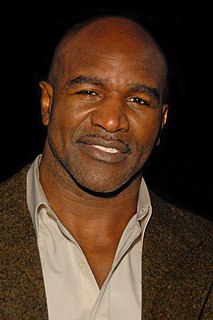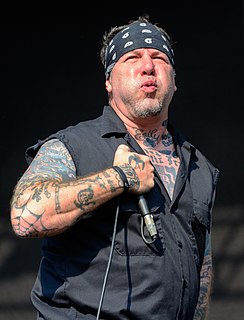A Quote by Unai Emery
How do you develop? I think that's about battling for every title. That's something that is in Arsenal's history, and it's in my history as well. And I want that to continue.
Related Quotes
When I went to high school - that's about as far as I got - reading my U.S. history textbook, well, I got the history of the ruling class. I got the history of the generals and the industrialists and the presidents that didn't get caught. How 'bout you? I got all of the history of the people who owned the wealth of the country, but none of the history of the people that created it.
The thing I found in correlation with my studies as a history major was that experience taught me you have to figure out your background, where you come from, who you are, and what you want. All of that propelled me into following acting because I had to develop characters as well as develop characters' history which is most important.
I am opposing it with an idea of the history of philosophy as a history of philosophers, that is, a history of mortal, fragile and limited creatures like you and I. I am against the idea of clean, clearly distinct epochs in the history of philosophy or indeed in anything else. I think that history is always messy, contingent, plural and material. I am against the constant revenge of idealism in how we think about history.
I don’t know much about history, and I wouldn’t give a nickel for all the history in the world. It means nothing to me. History is more or less bunk. It's tradition. We don't want tradition. We want to live in the present and the only history that is worth a tinker's damn is the history we make today.
The big guys choose who they want to fight and they think about history: 'how many times I defended my title.' They try to break a record: 'how long I was there.' But if you look at the pedigree, who they fought, ain't nobody gonna give them credit for it because they fought a lot of people with no experience.
Very few college professors want high school graduates in their history class who are simply "gung ho" and "rah-rah" with regard to everything the United States has ever done, have never thought critically in their life, don't know the meaning of the word "historiography" and have never heard of it. They think that history is something you're supposed to memorize and that's about it. That's not what high school, or what college history teachers want.
You are doing something over here and over there someone is telling you a joke, or giving you an important piece of information about sanitation, and no matter how weird the other subject is, there is a connection, or you can make a connection. I’ve always loved history and history is collage, it is a juxtaposition of the good and the bad and the strange, and how you place those sentences together changes the whole mood of a history.






































